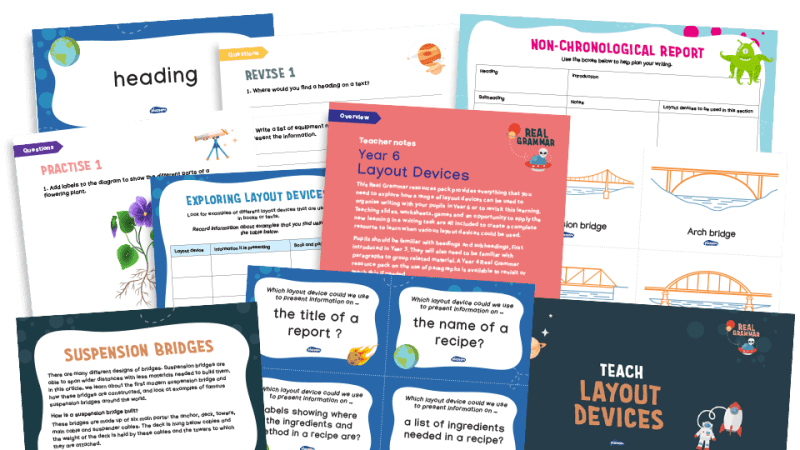Teaching English – What literacy has in common with car engines

The key to overcoming students’ reluctance to study English could be to show how it can be dismantled and reassembled like a mechanism…

- by Peter Inson

Some years ago I was asked to assist a young adult, Ben, who had fared poorly in his English studies at school. He boasted to me that he had been thrown out of every school in the local area, but now had responsibilities at work that required him to regularly read and to write reports.
Once I’d gained his trust, I explained to him how I’d previously learned how a car engine worked simply by dismantling and then reassembling it. This, I assured him, is how we would proceed with our English studies.
Soon afterwards, I was joined by a troubled school refuser, also called Ben, whom I was able to engage with a new textbook I was writing at the time (My first having been IGCSE English – First Language, commissioned by Heinemann).
As this second book took shape, I’d write sections and test them with ‘Big Ben’. One of ‘Little Ben’s chores, meanwhile, was to write a single-sentence opinion on each page of the book’s first draft. He relished this challenge of commenting upon the work of an adult.
Clarity is crucial when teaching English
The English language is far more than ‘just’ a school subject. It’s the means by which we show and communicate our understanding of everything around us, in other school subjects and beyond.
Summary skills enable us to extract the main points from a piece of writing and convey them quickly and easily to others, which can be of great social and economic importance – in a large organisation, for example.
Studying the construction of written material helps us to order and express our ideas more effectively not just when we write, but also when we speak.
Clarity in our writing and speaking naturally makes it easier for others to understand us, and besides – if we can’t be bothered to write or speak clearly, why should anyone take any notice of what we have to say? Good English is part of good manners.
Then there’s the importance of written records. In conversation, we can seek clarification where needed. But we obviously can’t always do the same with written material. This makes it crucial that we’re clear and precise with our words.
Most important word
I thus explained to ‘Big Ben’ that we would proceed by first finding the most important word in a sentence – the verb. We’d then examine how the other words in the sentence related to it.
We would then look at how, by varying these words, we could change the effect of a sentence. This could either be subtly or dramatically. We then consider the sentence and varieties thereof and ways in which they can be put to work.
I detail this approach in the aforementioned book, now titled What, How and Why: A Manual of Better English. The book was born partly out of my concerns regarding the often poor standards of literacy I’ve observed in the course of tutoring school ‘failures,’ school refusers, parents and soldiers serving in a military prison, as well as practice I’ve seen within mainstream schools.
‘Big Ben’ is now completing a part-time engineering degree, while ‘Little Ben’ is busy coping with life. I’m reminded of another young gent who had been predicted a U grade for his GCSE English. After working through the first six chapters of the book with him over six lessons, he passed with a C. He’s now studying towards a Master’s degree in computing.
Engage, demonstrate, explain, encourage
Common to my approach with these students and the many others I’ve worked with when teaching English has been my personal motto. This is: Engage, Demonstrate, Explain, Encourage.
After starting as an English teacher, I later became a headteacher. I was also an examiner for O/A level and the IB. And there’s one thing I’ve often told my students to allay their fear of failure. And that’s that I failed just one exam when I left school – English literature.
Peter Inson is a retired headteacher and English examiner, and is now a part-time tutor teaching English. What, How and Why: A Manual of Better English is available now (£9.99, The Book Guild). For more details, visit peterinson.net







